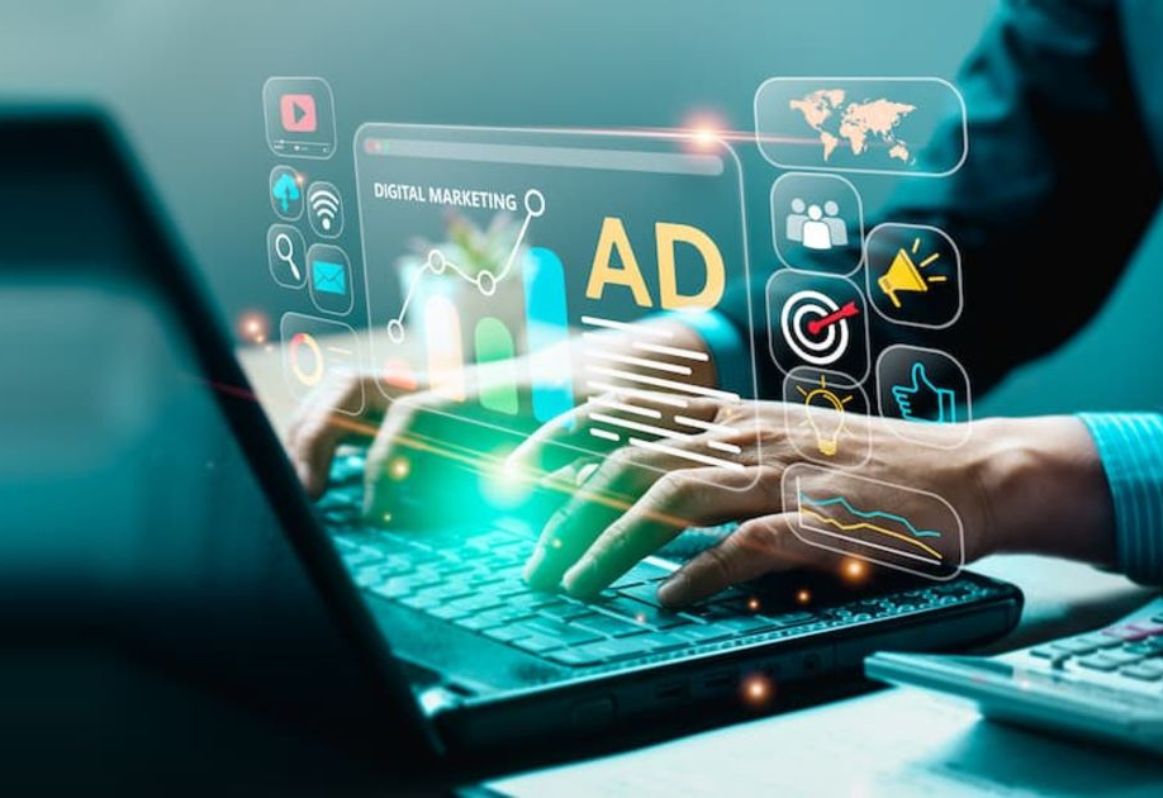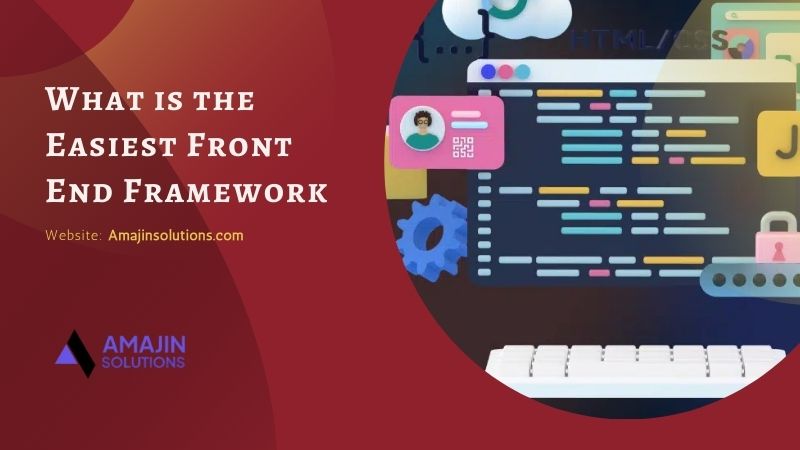Digital marketing is a term that’s everywhere these days. Whether you’re scrolling through Instagram, searching on Google, or watching videos on YouTube, you’ve likely come across digital marketing without even realizing it. But what exactly is digital marketing, and how does it work? Let’s dive into it in a simple, easy-to-understand way.
The World of Digital Marketing
In today’s world, almost everyone is online. We use the internet to shop, learn, connect, and entertain ourselves. Digital marketing is all about businesses meeting their customers where they already are—online. It’s the way companies promote their products or services using the internet, social media, email, and other digital platforms.
Imagine this: You’re scrolling on Facebook, and an ad for your favorite clothing brand pops up. That’s digital marketing in action! It’s not just about selling but also building relationships and trust with customers.
What Is Digital Marketing?
Digital marketing refers to promoting products or services through online platforms. Instead of traditional methods like TV or newspaper ads, businesses now use websites, social media, search engines, and email.
For example:
- A small bakery might post mouthwatering cake pictures on Instagram to attract customers.
- A fitness coach could create YouTube videos sharing workout tips and offer online courses.
Digital marketing allows businesses to connect with their audience directly and often in real-time. Whether it’s through a chat on a website or a tweet, it brings companies closer to their customers.
How Does Digital Marketing Work?
Digital marketing works by using strategies to reach the right audience at the right time. The key is understanding where your potential customers spend their time online. Businesses then tailor their messages to match those platforms.
Here’s how it works:
- Know Your Audience: Imagine you own a bookstore. If most of your customers are on Instagram, that’s where you should focus your efforts.
- Choose the Right Channels: Each platform works differently. For example, Pinterest might be great for a home décor shop, while LinkedIn could work better for a software company.
- Create Engaging Content: Whether it’s a blog, video, or ad, the goal is to grab attention and provide value.
Real-life example:
A local coffee shop could use Google Ads to show up when someone searches “best coffee near me.” They could also share fun videos on TikTok showing how their coffee is made.
Types of Digital Marketing
There are several types of digital marketing, each with its unique approach. Let’s break them down:
a) Social Media Marketing
This involves using platforms like Facebook, Instagram, Twitter, or LinkedIn to promote a business.
Example: A clothing brand may post behind-the-scenes videos of their fashion shows on Instagram, making their audience feel part of the journey.
b) Content Marketing
Creating valuable content like blogs, videos, or guides to attract and retain customers.
Example: A tech company could write a blog titled “5 Tips to Speed Up Your Laptop” to help users while promoting their repair services.
c) Email Marketing
Sending personalized emails to connect with your audience.
Example: An online store could send an email offering discounts on a customer’s birthday.
d) Search Engine Optimization (SEO)
Optimizing your website so it shows up on search engines like Google.
Example: A travel agency might write a blog on “Top Destinations for 2024” and ensure it ranks high on Google.
e) Pay-Per-Click Advertising (PPC)
Running ads where you pay only when someone clicks on them.
Example: A local gym might use PPC ads to show up when people search for “gyms near me.”
Benefits of Digital Marketing
Why is digital marketing so powerful? Here are some of its biggest advantages:
Reach a Wider Audience: Unlike traditional methods, digital marketing can target people worldwide.
Example: An artist in India can sell paintings to customers in the USA through an online store.Cost-Effective: You don’t need a huge budget to start.
Example: A small business can promote its products on Instagram for free or with a small ad budget.Measurable Results: Tools like Google Analytics show how many people visited your website or clicked on an ad.
Example: An online course creator can track how many people signed up after an email campaign.Builds Trust: Consistent online presence builds credibility.
Example: A healthcare professional sharing tips on LinkedIn builds trust with potential patients.
Challenges in Digital Marketing (and How to Overcome Them)
Digital marketing is effective but comes with challenges. Here are a few and how to handle them:
Competition: With so many businesses online, standing out can be tough.
Solution: Focus on your unique strengths. For instance, a handmade soap brand can emphasize eco-friendly packaging.Keeping Up with Trends: Social media trends change quickly.
Solution: Stay updated and be willing to try new things, like creating Reels on Instagram.Building Consistency: Digital marketing requires regular effort.
Solution: Use tools to schedule posts and plan campaigns in advance.
Real-Life Success Stories
Let’s look at two inspiring examples:
- A Small Restaurant: During the pandemic, a local eatery started offering online orders and promoted their specials on Facebook. Their daily posts brought in loyal customers who kept them afloat.
- A Freelancer: A graphic designer began sharing tips on LinkedIn and got hired by big companies through her engaging posts.
These stories show that digital marketing isn’t just for big companies. Anyone can succeed with the right strategy.
Conclusion
Digital marketing is the future of business. It’s about understanding your audience and using the tools available to connect with them. Whether you’re a small business owner, a freelancer, or someone looking to grow a brand, digital marketing offers endless possibilities.
Every expert in digital marketing was once a beginner. The key is to start small, experiment, and learn as you go. The online world is full of opportunities waiting to be tapped.





